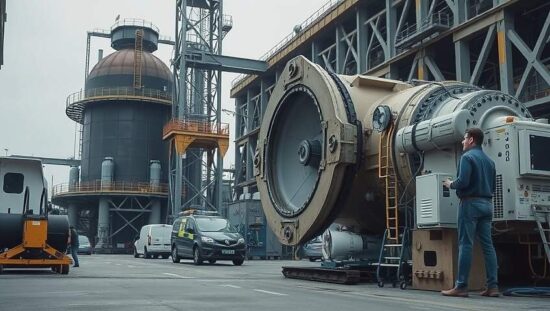Arianespace’s CEO, David Cavaillolès, has cautioned against inflated expectations regarding a burgeoning European space market, injecting a dose of realism into a sector often fueled by optimistic projections. While industry analysts and rocket manufacturers are predicting a significant surge in demand, Cavaillolès argues the reality is considerably more nuanced, particularly for European players.
The divergence stems from the dominant role of SpaceX and its Starlink constellation. While projections from consulting firm Roland Berger anticipate a tripling of satellites in low Earth orbit within five years, reaching an estimated 40,000, Cavaillolès notes that the vast majority of this growth will be driven by SpaceX’s deployment of Starlink satellites. This effectively concentrates market share and limits opportunities for European competitors. “The European market is very limited” he stated in an interview with Handelsblatt, highlighting the inherent challenge for European launch providers.
The emergence of numerous new rocket startups across Europe, especially in Germany with companies like Isar Aerospace, Hyimpulse and RFA joining roughly twenty other nascent ventures, presents a further complication. Cavaillolès expressed doubt about the long-term viability of this crowded landscape, questioning whether the market can sustainably support such a large number of providers. The proliferation of these companies raises concerns about resource allocation, funding sustainability and the potential for a significant shakeout in the coming years, particularly given the market dominance of SpaceX and the comparatively constrained European launch infrastructure.
This assessment underscores a critical political challenge for European space agencies and governments. While fostering innovation within the space sector is undeniably valuable, the current trajectory risks creating a fragmented market where numerous small players struggle to compete, ultimately hindering the development of a truly robust and independent European space capability. The question now is whether policymakers can facilitate strategic consolidation within the sector or risk a situation where European ambition is overshadowed by the sheer scale and efficiency of American ventures like SpaceX.





